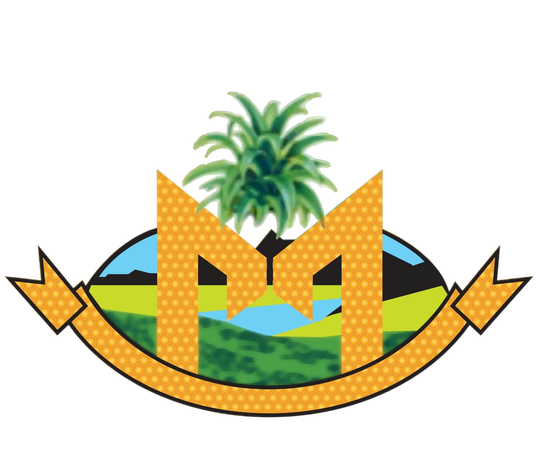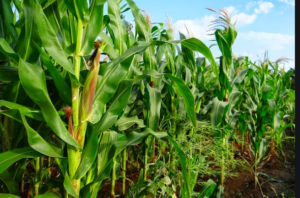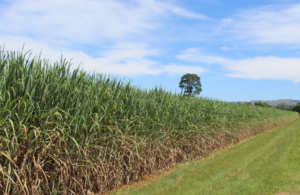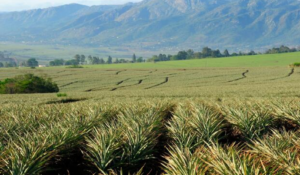Business
Agriculture…
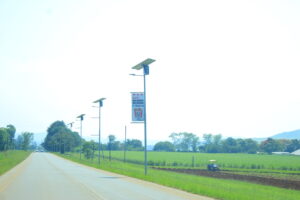
AGRICULTURE IN MALKERNS
Since independence, Eswatini’s economic policy has intentionally focused on achieving rapid growth in
the agricultural production and on the reduction of food imports so as to achieve self-sufficiency in food as well as to conserve the country’s restricted earnings from foreign exchange. The purpose of the Town (Malkerns), which is mainly agricultural, is to control and regulate urban development as well as to protect and reserve prime arable (agricultural) land thereby providing much needed work opportunities for the population of Malkerns area in addition to ensuring that food self-sufficiency remain an attainable goal in the furtherance of the general prosperity of the Kingdom as a whole. The total area measures 9036 Hectares of which 8452 hectares is for agricultural use and the remaining 584 Hectares is for human settlements.
Maize Growing
Maize is one of the most potential cereals crop grown globally, and is the third after wheat and rice in total food grain production. Due to its high adaptability and productivity, the cultivation of maize spread rapidly around the globe and is currently being produced in most countries of the world.
Sugar cane growing
Eswatni is the fourth largest producer of sugar in Africa and is 25th in the production in the world. This demonstrates the immense focus of the sugar industry in order to continue to grow the Eswatini economy. Part of the cane is grown at Malkerns and is transported to the sugar mills for processing.
Pineapple Growing
The production of pineapples in Eswatini was 4,086 tonnes in 2019 and is estimated to change by an average of 0.79%. The country had an estimated 132.00 hectares under pineapples cultivation. Rhodes Food Group Eswatini also process a large quantity of pineapples, grown in the ‘middleveld’ valley – Malkerns, and export the canned fruit and juice to Europe.
